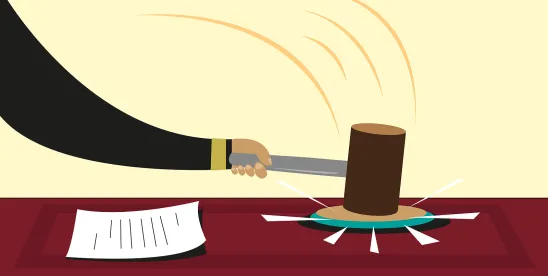In Sowa v. Mercedes-Benz Grp. AG and Mercedes-Benz USA, LLC, purchasers of certain Mercedes Benz vehicles from 17 states brought a putative class action against the automaker alleging that certain vehicles contained a dangerous defect. Separate actions were consolidated in the Northern District of Georgia. In addition to nationwide class claims against defendants under Georgia law, plaintiffs also sought to maintain various sub-classes under various state consumer protection statutes, including Massachusetts’ Chapter 93A.
A Massachusetts resident asserted Chapter 93A claims against Mercedes on behalf of one sub-class. Defendants moved to dismiss this claim for failure to provide a pre-suit demand letter 30 days before initiating the lawsuit. Plaintiffs did not dispute that they failed to provide such notice; they instead sent a demand letter on the Massachusetts resident’s behalf on April 28, 2023, after filing the lawsuit on February 10, 2023. The Northern District of Georgia determined that this ultimately did not bar plaintiffs’ Chapter 93A claims. Specifically, the court concluded that since the notice letter was delivered before defendants responded to the lawsuit and defendants were already on notice of nearly identical claims due to letters delivered to them pursuant to the Georgia Fair Business Practices Act, the sub-class had pled adequate notice.
Massachusetts state and federal courts likely would not have made the same decision because, except in limited circumstances, a pre-suit demand letter is a statutory prerequisite to filing a Chapter 93A claim. It is not a procedural nicety and failing to send a demand letter warrants dismissal of a Chapter 93A claim.1 That is because the pre-suit demand letter is part of a dispute resolution system included within Chapter 93A, Section 9 itself, which expressly requires a recipient of a demand letter to review the facts and the law to determine whether a settlement should be offered to the claimant. Failure to do so may expose the recipient of a demand letter to additional liability under Chapter 93A. The purpose, of course, is to encourage the parties to engage in meaningful settlement discussions to avoid the need to file a lawsuit seeking relief. Receiving a demand letter after the lawsuit has been filed defeats the purpose of this settlement consideration process.
1 See Rodi v. S. New Eng. Sch. of Law, 389 F.3d 5, 19 (1st Cir. 2004); City of Boston v. Aetna Life Ins., 399 Mass. 569, 574 (1987).



 />i
/>i
